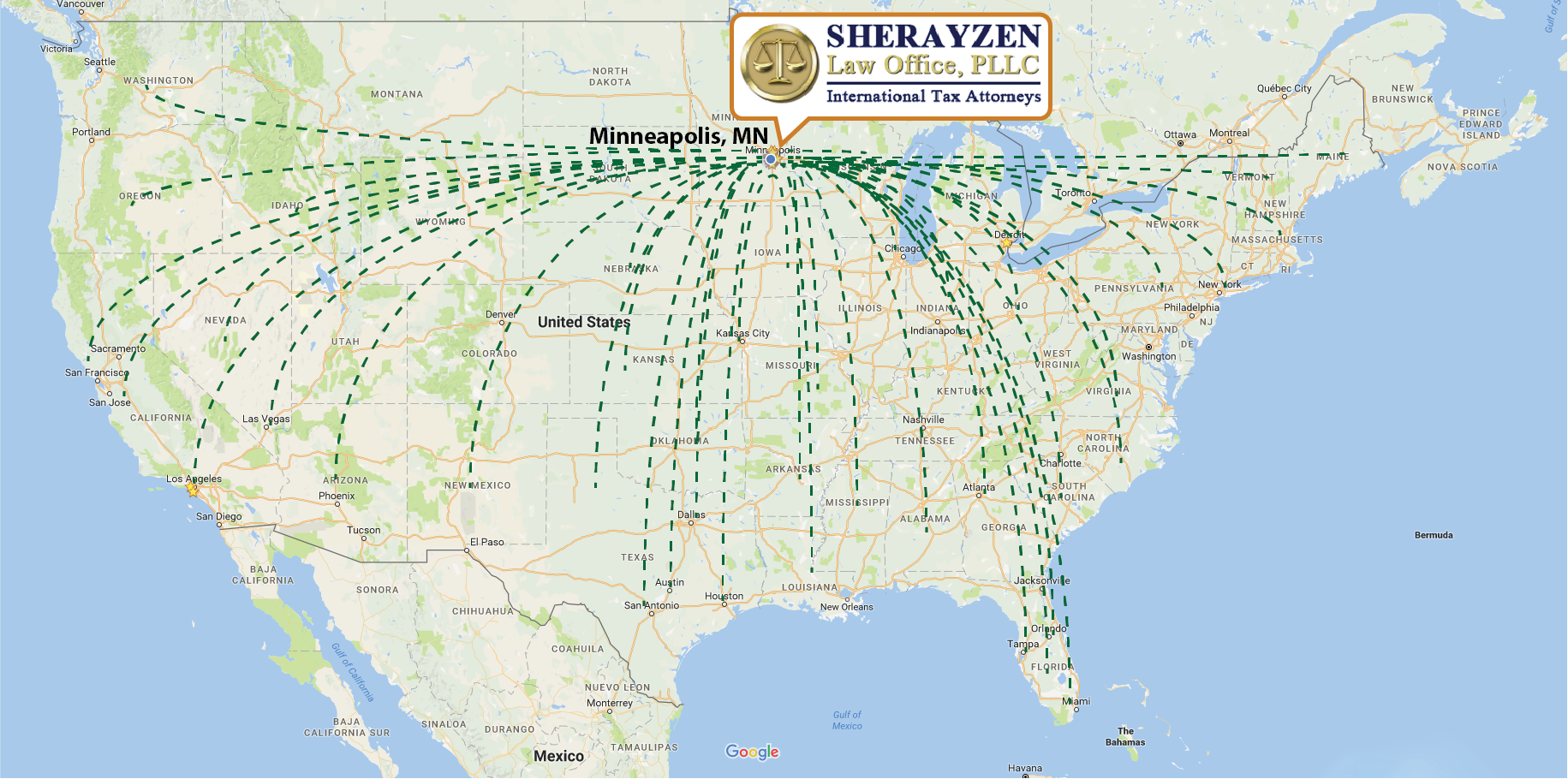US Business Tax Lawyer | Tax Definition of Business Owner
The Tax Owner is really a Holder of Economic Interest, not necessarily the Legal owner of the actual entity.
Let me clarify that with an example. Let’s say this is a Taxpayer; this is the LLC and he owns 100% of that LLC. The LLC owns 50% of the Limited Partnership. The Taxpayer owns 50% of the Limited Partnership.
How many entities do we have for US Tax Purposes? Does anyone want to take a gander? The Taxpayer is not an entity. There’s a maximum of two available.
Anyone else want to guess? None. There are no entities for US Tax Purposes here.
This is Disregarded because it’s 100% owned. Because there’s one, a single Holder of Economic Interest, the Taxpayer from both sides is basically that the Taxpayer’s being treated as 100% Disregarded Entity.
You cannot have a one Partner; there’s always got to be at least two Partners. So, the Taxpayer owns the assets of the LP and the LLC directly for US Tax Purposes. That’s what I mean by the Holder of Economic Interest.



